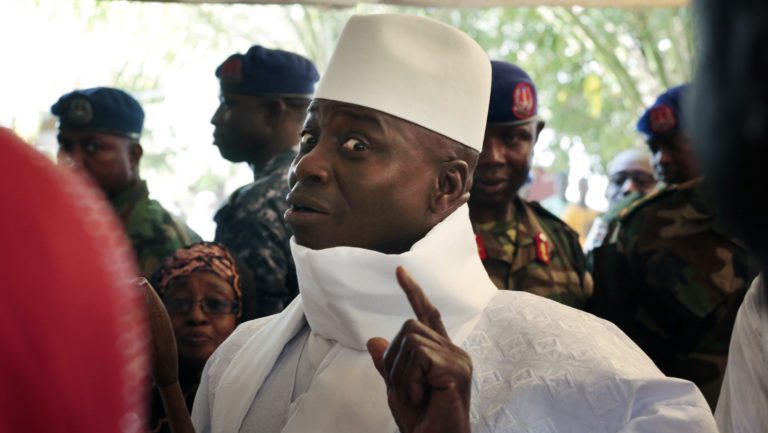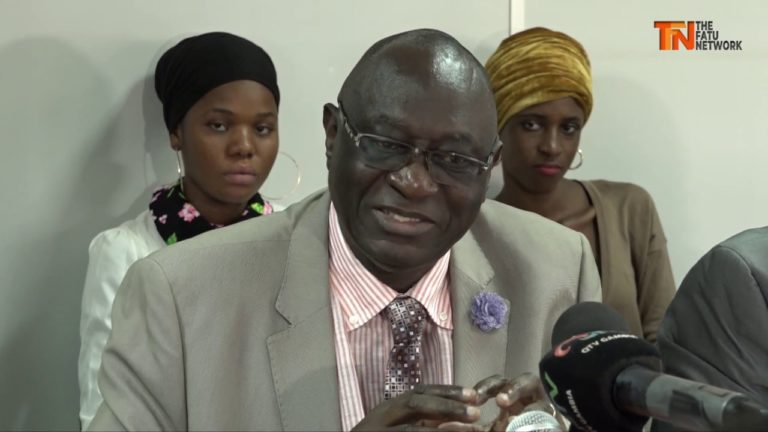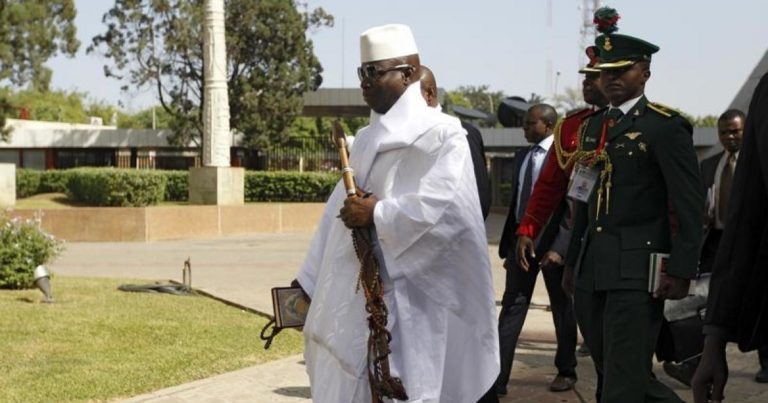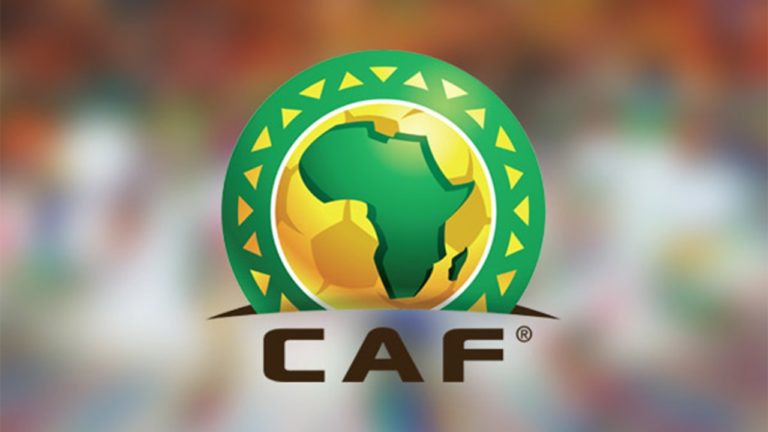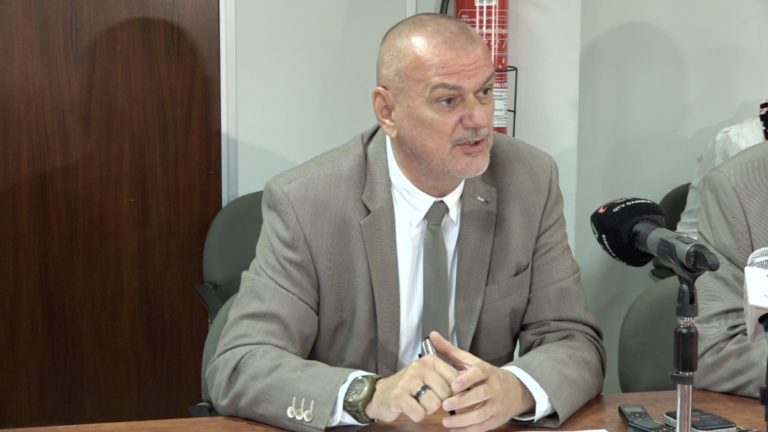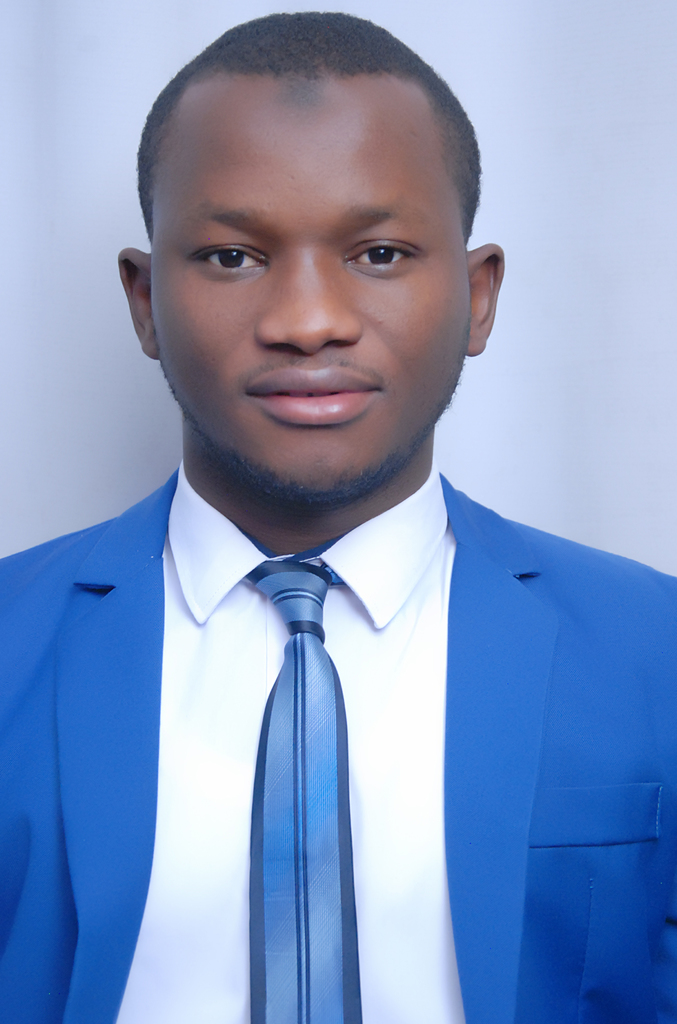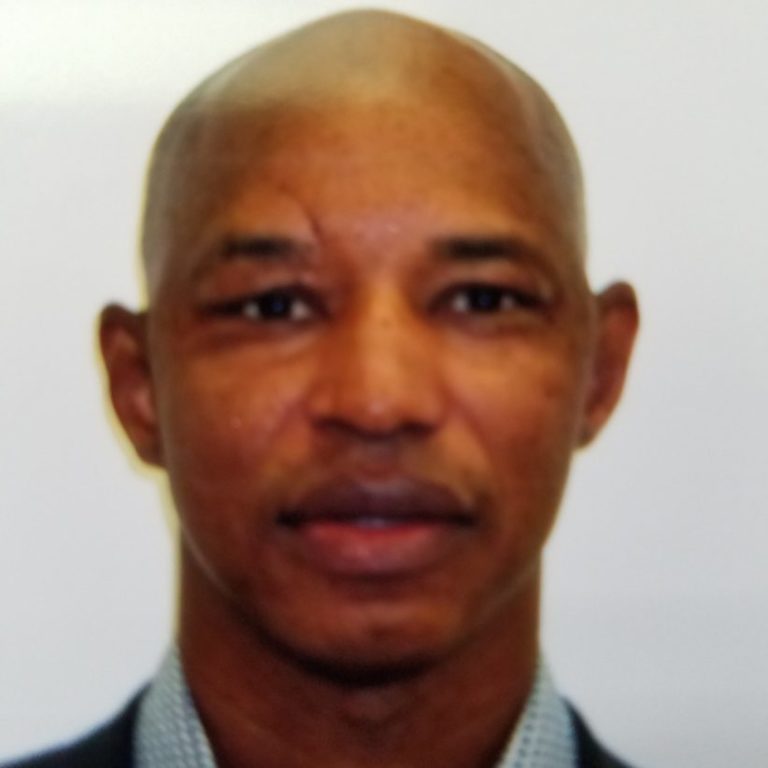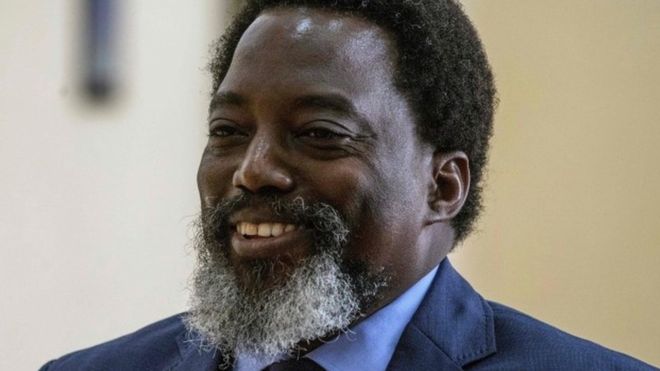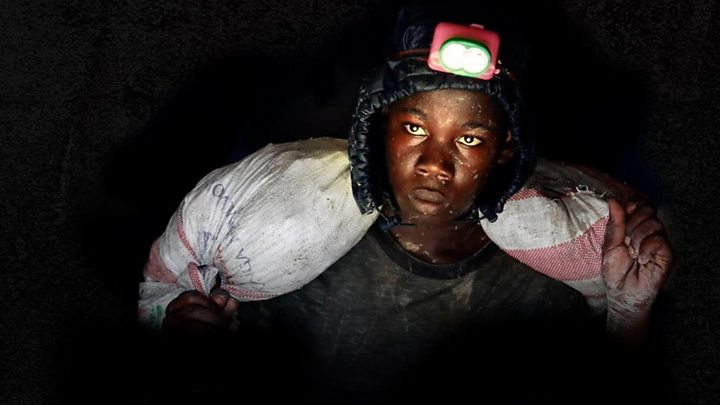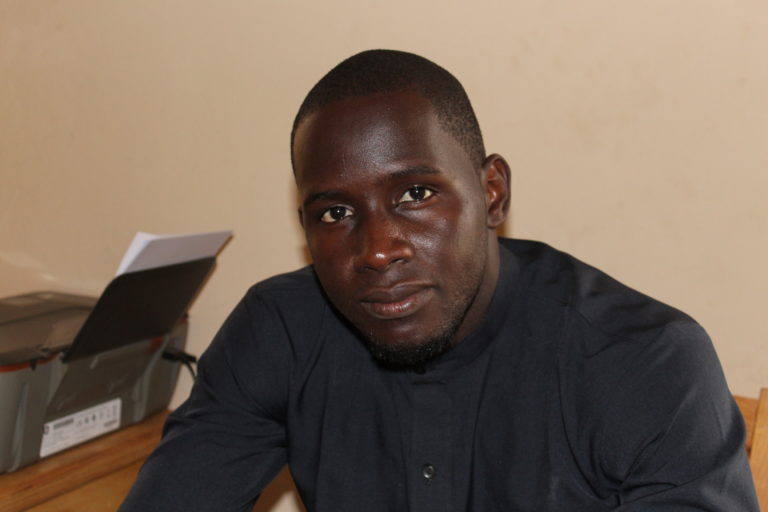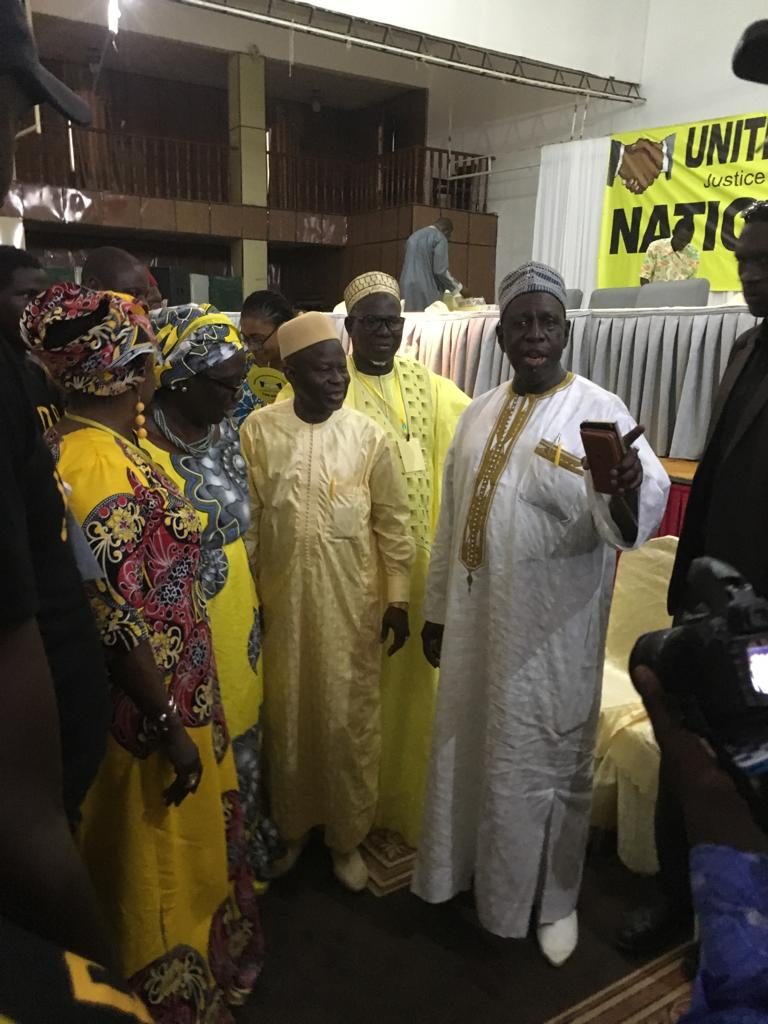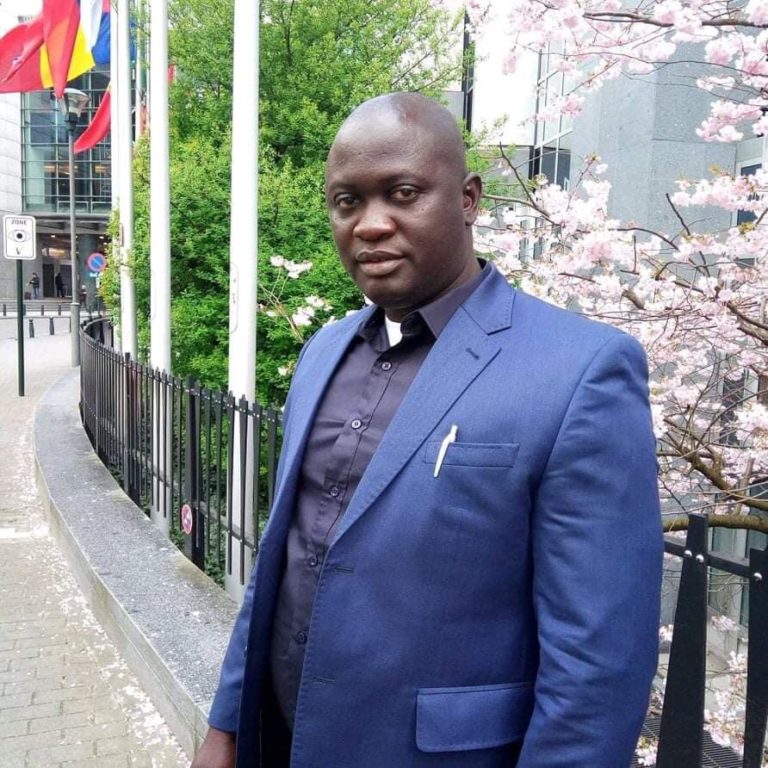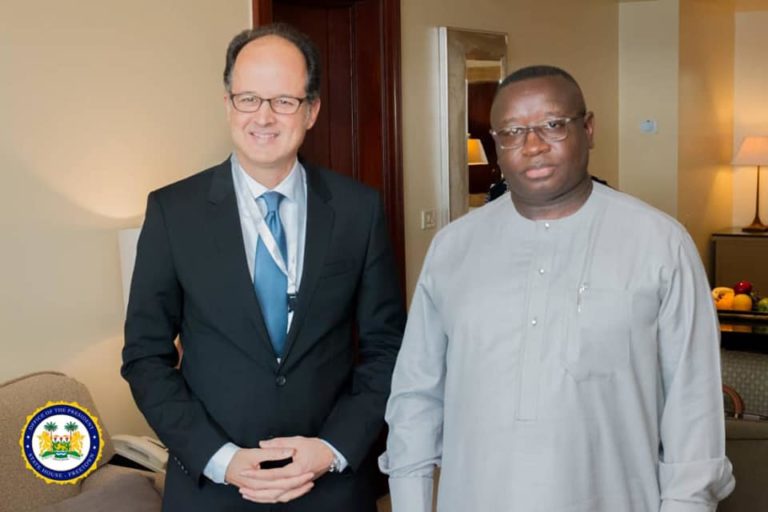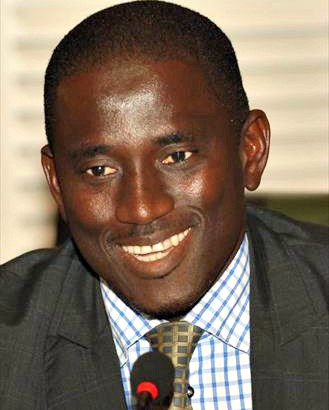Bakary my good brother,
I hail you on this bright Saturday morning as I take a ride towards your home town, Chaku Bantang!
You are one of my many cousins but you hold a special space in my honour roll, perhaps second only to my fave duo, your two younger siblings, the Doctor without a medical degree and the ‘Fodaywo’ without a ‘Karanta’- what a world? Lol! Kudos to Doctor Dibba since he is in certified medical practice in a rare speciality; but my ‘beef’ remains that he is not a doctor-Lol!
On a more serious note, even though we disagree on many issues of public policy et al, I have always held you in high regard for your tolerance to my (more often then not) inferior dissenting views knowing that you are more than a decade older than me. And you have been a blessing in my life in matters of academic and cultural import.
Bakary, even though my roots are from one of the satellites in the constellation of villages that makes your home a nodal town, there is no geographical space in The Gambia that can claim more blood relations of mine than Farafenni. Is your town not the place where my two most senior aunts, maternal siblings of my late father Landing Binta, lived their lives and bore their children?
Speaking about your mother, Mbinki Jankay Jammeh, and her sister the late Tomaring Sabally, I am proud to let you know that I am the honoured guest speaker for the final of an academic championship at the, organised by an organisation called Badibu Musolu. My very own mother the late Kaddy Jammeh (of both Sabach Kataba and Yilliassa) being the quintessential Badibou woman, the invitation from this organisation is indeed a huge honour for me.
And what shall I tell the brilliant young minds that I am supposed to address this morning on the subject of restoring our roots and giving back to our communities?
Indeed given the name of the organising body, it would not be out of place for me to start with advising these youths about the need and importance of honouring, respecting and supporting our women. Given the fact that you as a person are known to us as “Bakary Jankay” more so than by Bakary Dibba, authenticates the fact that we are not a misogynistic culture as claimed by some manipulative so called gender activists. Our tradition in Badibou places women on a high pedestal. Though we bear the surnames of our fathers we are all practically called second names that are the first names of our mothers. Is that not a root to be preserved?
Bakary, Shall I not tell the young audience to learn from the admirable moral ethos and inspiring work culture of our gallant women of Badibou? Why are we looking up to a synthetic monoculture propagated by western media behemoths when our roots are golden mines of authentic and enriching lifestyles? Indeed Jaliba Kuyateh’s metaphor for our cultural heritage is apt: Mamoe lu yeh yiri lu fee; mbay beh nyunu leh dubeng-na” (we are under the shades of the trees planted by our forefathers). In another song Jaliba tells us that the foundations of our culture were laid by our forebears and we should also endeavour to bequeath something worthy of a heritage to our descendants.
And on that note, my good brother, let me delve into the second part of the subject under discussion here: giving back to our communities!
If we are trees as human beings, then each of us has their community as the roots from which we grew as trees. It is obvious that any tree that is disconnected from its roots will whither and fall. In the same vein, any person who disconnects from his community cannot mature and bear fruit. So being rooted in our communal spaces is key to wholesome lives and livelihoods.
Personally I have always been grateful to my community. From the circumcision rites where I learnt about real manhood and manners to the social settings, the ‘kafos’; the masquerade clubs in Banjul to the hunting groups in Lamin (and by hunting I mean going to the bush and hunting rabbits and squirrels) to my memorable holidays in Farafenni and Kataba, I have been blessed with a very rich life and a golden cultural foundation that powers and spices up everything I do at home and at the international platforms where I have been blessed to have the opportunity to teach and motivate young people from all over the world.
With all these blessings from my community I remain grateful and my mission to Farafenni today as well as others I have conducted in Jarra Soma, kappa (in Foni) and my own Sabach Sanjal constituency; and myriad locations in the urban centres of The Gambia are all part of my little efforts aimed at giving back to my community. Truly my establishing of the Sabally Leadership Academy (SLA) and it’s offshoot, the SLA Cultural Choir are all efforts aimed at respecting our roots and giving back to our communities.
My good brother it is noble and healthy to give back to our communities. Shall I not present to them the example of former US President Barack Obama whose rise to power could be traced back to his humble service as a community organiser in the south side of Chicago?
But speaking of giving back and charitable activities, shall I not warn these youths about the the phenomenon called ‘Kaur Sadaa’ (charity of the town of Kaur) which is a very poignant Mandinka idiom; and while I do not know its origin, I know that it is that kind of charity that the giver also takes and consumes by himself/herself. The activities of some charitable organizations registered and operating in this country are essentially nothing but ‘Kaur sadaa’ disguised as giving back.
So my advice to the audience shall be to give back in an honest and authentic way!
My good friend, our vehicle has just passed Kinteh Kunda and Saabaa, two very famous settlements in our very beautiful Badibou, land of the truly brave. Kinteh Kunda reminds me of the classic jibe against us upon being asked “where are you from?”: “Kinteh Kunda Marong Kunda, Janneh-yaa, munem?” But that’s because unlike our rivals from Kiang who are not very proud of their ancestral home, we just say it out loud with uber-confidence Lol!
On the town town of Saabaa, that’s the home of our uncle, my late dad’s best friend, former cabinet minister and top ranker among the founding fathers of our dear nation who was privileged to have been part of the delegation that represented our country at Marlborough House, London, for the Gambia’s Independence Conference in 1964. The Honourable Alhagie Kalilu Singhateh is indeed a worthy son on this country and one of the architects of our nation state! To him and the natives of this great town, I drop here a couplet from my poem “Jamba Sansang” from page 11 of my 2012 manuscript “Faaraa Ning Jambakatang”, yet to be released:
‘Jamba Sansang Saabaa lu yaa wooroe…
Kabiring nyoboring tumoe; boyro ning kanyewo...’
Adieu, my good ‘cousin-brother’ as the greatest offenders of the rules of the Queen’s language the Sarahullehs would put it-Lol!
Alamaa Tiloe kairoe siyaa la…
But oops; I have just arrived in Farafenni, only to be told that the venue for the event is actually in Kerewan, at the regional education centre. Now I have to drive back another half an hour towards Barra. What a miss! My other cousin, one of the organisers of today’s event, Lamin Dibba, has his unique opportunity to throw a jibe at me: “hey why are you so obsessed with our town, Farafenni? We are here in Kerewan but if you want, we can still grant you citizenship in Farafenni!”
What a a journey!
Yours,
Momodou Sabally
The Gambia’s Pen

